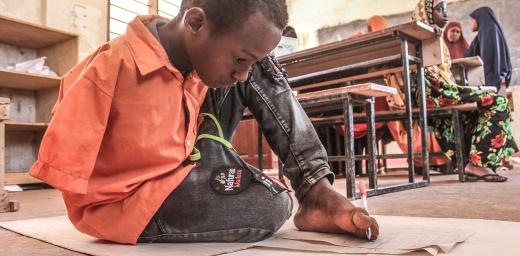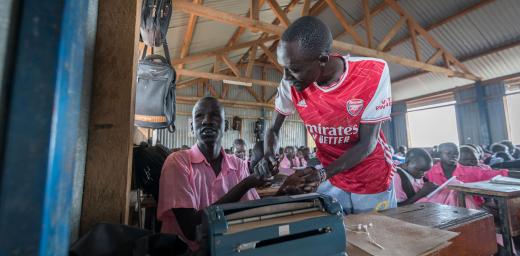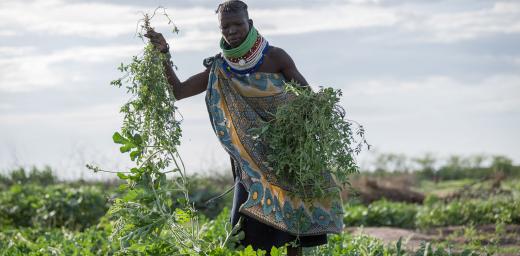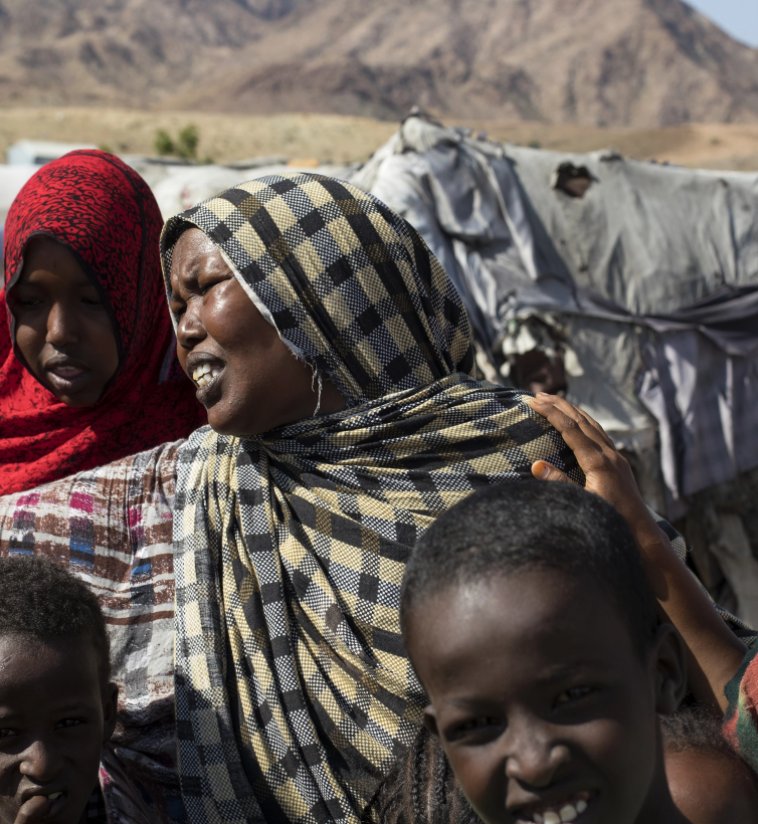
Kenya-Somalia
Country Program
Kenya is the fifth largest refugee-hosting country in Africa and the thirteenth largest asylum country in the world, with over 650,000 registered refugees and asylum-seekers. More than 275,000 people live in Dadaab refugee camps (Garissa County) and more than 280,000 in Kakuma refugee camps (Turkana County). About 95,000 refugees reside in Nairobi and other urban areas. (September 2023) The refugee situation in Kenya is protracted, many refugees have resided in the camps for over 30 years. More than half of them are children, who were born in the camps.
LWF works with children and youth in the camps and their host communities, providing education, sports and cultural activities. A special focus lies on persons living with disabilities. LWF supports them in accessing relevant services such as occupational therapy, orthopaedic technology and physiotherapy. LWF also supports children with special needs in accessing education.
Together with local civil society, LWF has actively advocated for the rights of refugees with the Government of Kenya, and contributed to the country's refugee law.
In Somalia, LWF started by setting up livelihood initiatives with returnees, i.e. refugees who had returned from the refugee camps in Kenya. When a drought at the Horn of Africa caused massive internal displacement in Somalia, LWF also provided food and humanitarian aid to internally displaced persons in Jubbaland, Somalia.
In 2022, the country program supported 451,000 persons through protection, livelihoods, education, peace-building and development projects.
Update: 13 February 2024
What we do in Kenya-Somalia
Partners and donors
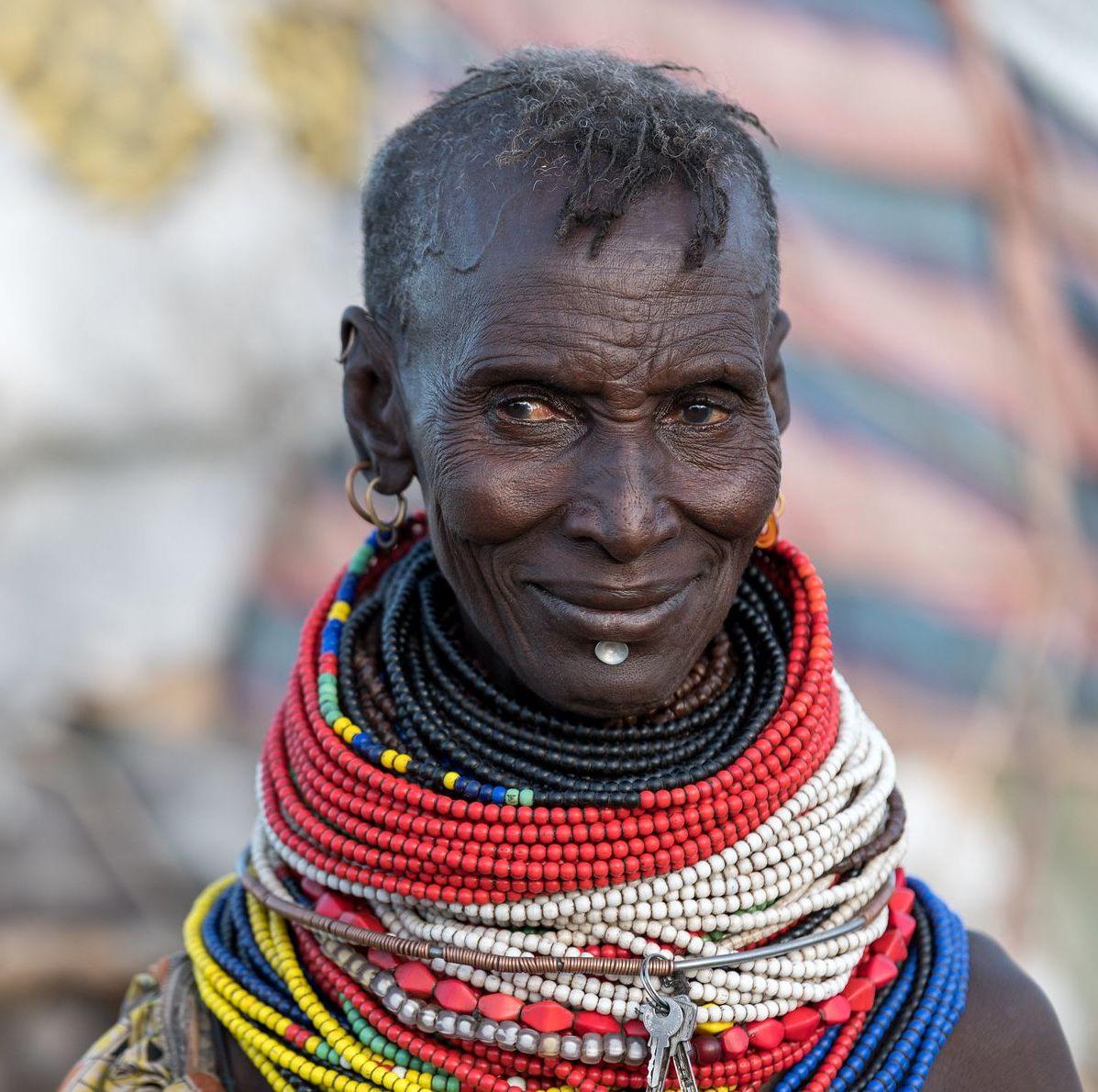
Help us make a difference in the lives of people in need in Iraq and other places throughout the world.


